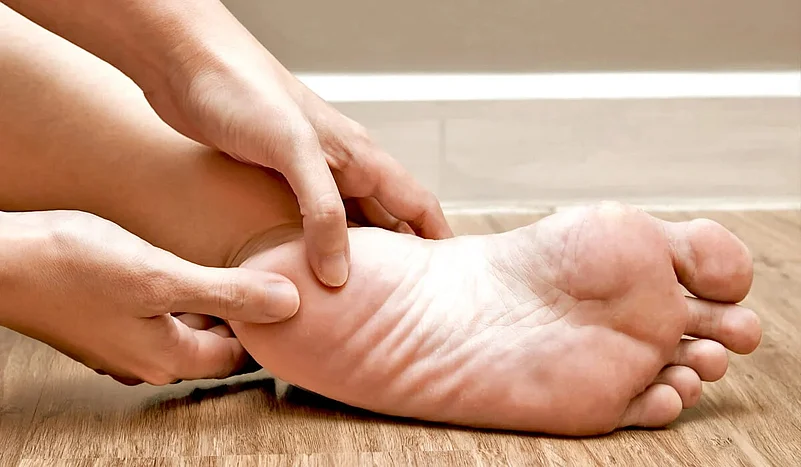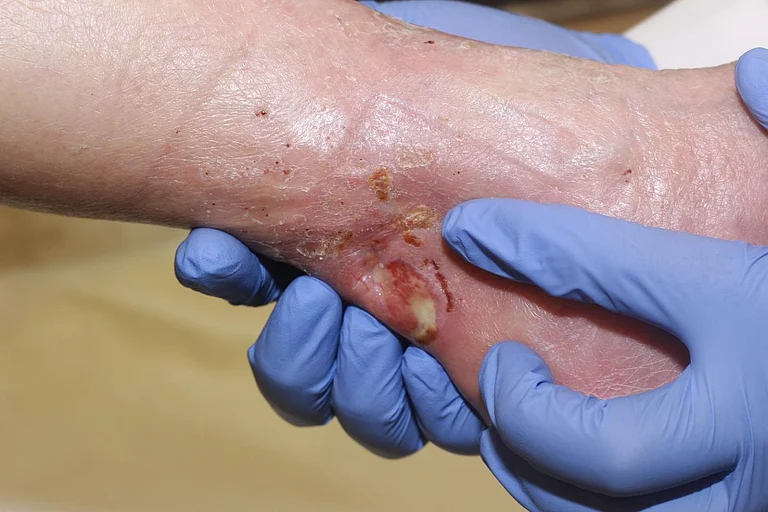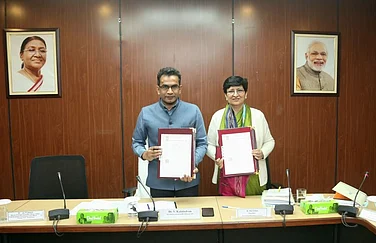In a breakthrough that could bring hope to millions battling diabetes-related complications, researchers at Nagaland University have identified a plant-based compound called Sinapic acid as a promising natural remedy for faster wound healing in diabetic patients.
The study is the first in the world to show that Sinapic acid, when taken orally, significantly speeds up healing in diabetic conditions. The research has been published in the prestigious journal Scientific Reports.
“This discovery marks a major step forward in developing safe, natural, and effective treatments for diabetic wounds,” said Prof. Panav Kumar Prabhakar, Head of the Department of Biotechnology at Nagaland University.
He explained that diabetes remains a growing global health concern, often leading to slow-healing wounds, infections, and in severe cases, amputations. “Current drugs are not always effective and can have side effects. We wanted to find a safer, plant-based alternative — and Sinapic acid shows great promise,” he said.
Found in many edible plants and known for its antioxidant properties, Sinapic acid was found to help heal wounds by activating the SIRT1 pathway — a biological process that plays a vital role in tissue repair, reducing inflammation, and forming new blood vessels.
Interestingly, researchers found that a lower dose (20 mg/kg) worked better than a higher one (40 mg/kg) — an effect known as inverted dose-response. This discovery could help optimise future treatment strategies.
Vice-Chancellor of Nagaland University, Prof. Jagadish K. Patnaik, congratulated the team, saying, “This reflects the strength of our scientific community and the potential of nature-based innovation in addressing real-world health problems.”
Importantly, researchers believe that this therapy could be affordable and accessible, especially for patients in rural or resource-limited settings. The findings pave the way for developing an easy-to-use, natural oral medication that may one day reduce the risk of amputations and improve quality of life for diabetic patients.


























